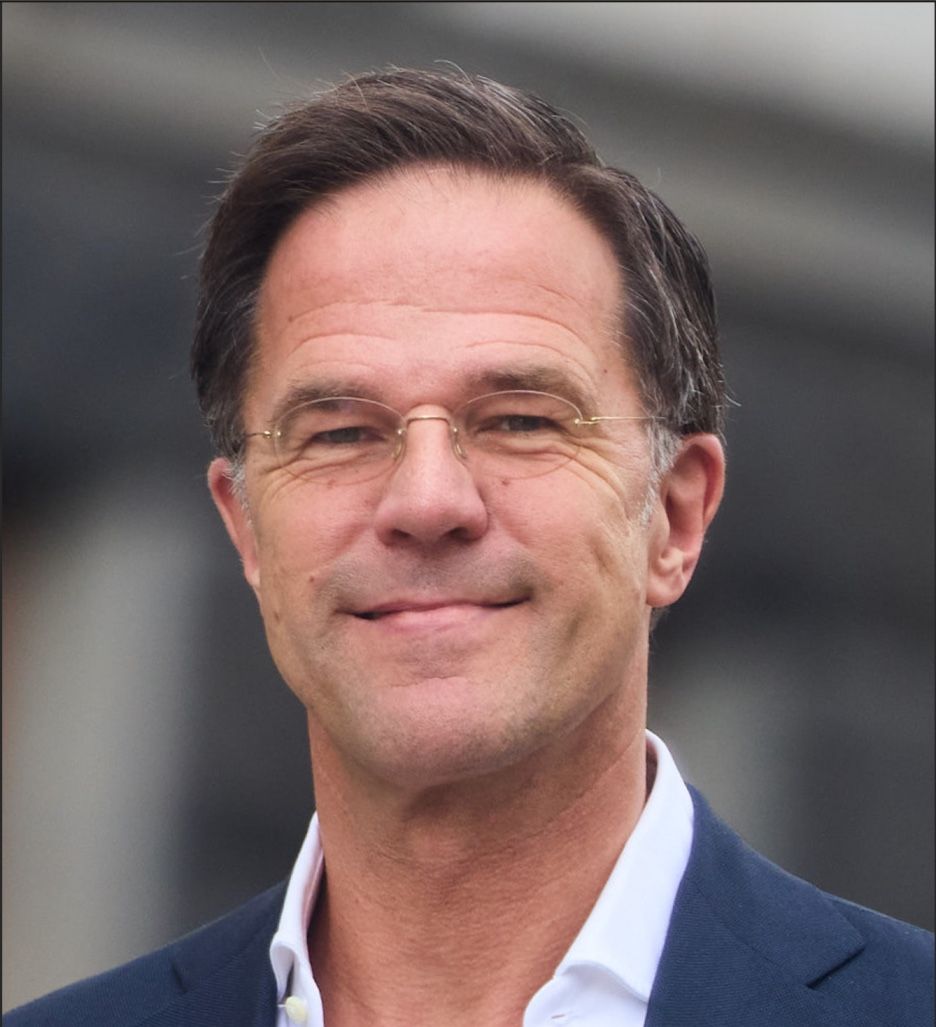Dutch Prime Minister Resigns Over Immigration Policy Differences
The collapse of the Dutch government represents a momentous event with far-reaching consequences for the country's political landscape. The forthcoming months will be pivotal in determining the future direction and composition of the Dutch government.

The collapse of the Dutch government has occurred as a result of a disagreement regarding immigration policies, leading to the resignation of Prime Minister Mark Rutte's administration.
This development carries significant implications for the political landscape of the Netherlands, encompassing the following potential consequences:
- Anticipated Elections: The resignation of Prime Minister Mark Rutte's government will necessitate new elections in the coming autumn. Consequently, Dutch citizens will have the opportunity to elect a fresh government, which could potentially alter the distribution of power within the parliament.
- Period of Uncertainty: The government's collapse introduces a period of uncertainty for the Netherlands, as there is presently no functioning administration to execute decisions and implement policies. Such an environment of ambiguity can have economic and social ramifications, with investors and citizens possibly delaying important choices until the political situation is resolved.
- Immigration Policy: The triggering factor behind the government's collapse was a disagreement pertaining to immigration policies. The forthcoming government's approach to this issue remains uncertain; however, it is likely to become a significant topic of debate during the election campaign.
- Coalition Formation: The Netherlands employs a system of proportional representation, meaning that it is unlikely for a single party to secure a majority of parliamentary seats. Consequently, coalition formation plays a crucial role in the political process. The collapse of the current government may complicate the formation of a new coalition, as parties might exhibit reluctance to cooperate following the breakdown of the previous coalition.

Collapse of Govt: A Momentous Event
The collapse of the Dutch government represents a momentous event with far-reaching consequences for the country's political landscape. The forthcoming months will be pivotal in determining the future direction and composition of the Dutch government.
Moreover, the collapse of the Dutch government could also bear several implications for the European Union, including:
EU Immigration Policy: The Netherlands is a member state of the European Union, and its immigration policy is intricately linked to EU-wide policies. The government's collapse due to immigration disagreements might indicate a broader shift in EU immigration and refugee policies. The stance of the next Dutch government on this matter remains uncertain, but it is expected to be a point of discussion within the EU.
EU Stability: The collapse of the Dutch government marks the first instance of a core eurozone government collapse since the eruption of the European debt crisis in 2010.

Visit World Future for more foreign news and regional Asean stories
Stability of the Eurozone and Immigration
This development could raise concerns regarding the stability of the eurozone and the wider European Union project. However, it is important to note that the Netherlands is a relatively small country, and its political situation is unlikely to have a major impact on the EU as a whole.
EU Elections: The collapse of the Dutch government will necessitate new elections in the fall, offering Dutch voters the opportunity to select a government with potentially different approaches to EU policies. The outcome of these elections could potentially shift the balance of power within the EU.
The collapse of the Dutch government due to immigration policy disagreements holds significant implications for both the domestic political landscape of the Netherlands and its relationship with the European Union. The upcoming elections and subsequent government formation will shape the future course of the country, while the EU will observe potential shifts in immigration policies and concerns about stability within the eurozone.

